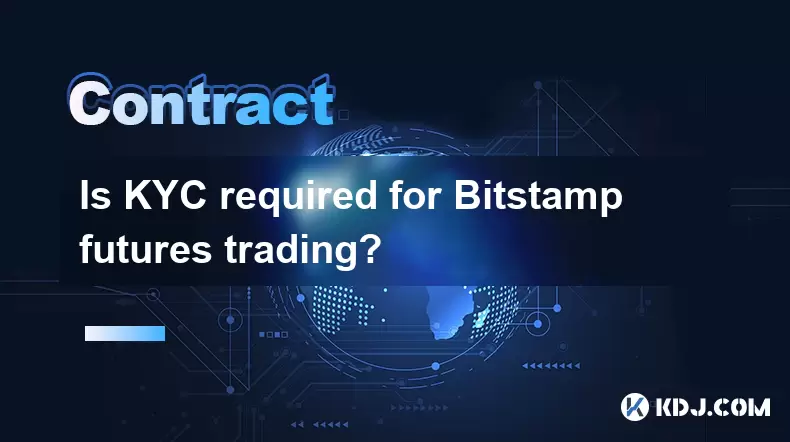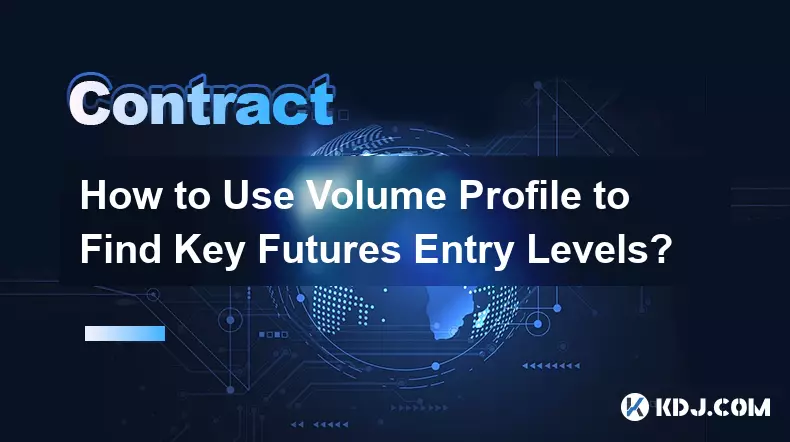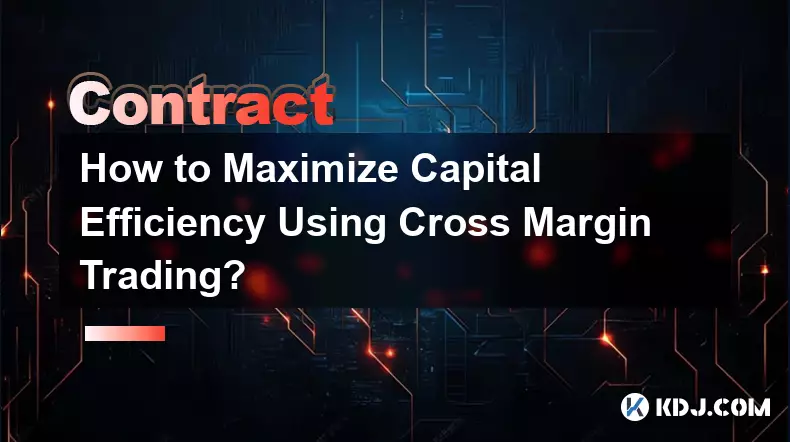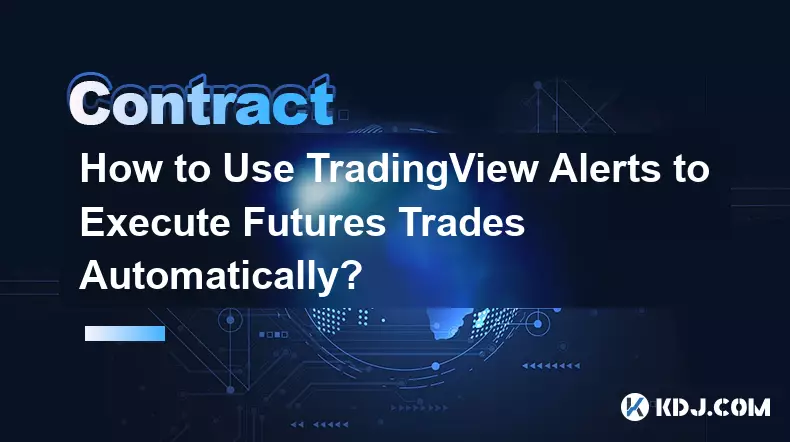-
 bitcoin
bitcoin $87959.907984 USD
1.34% -
 ethereum
ethereum $2920.497338 USD
3.04% -
 tether
tether $0.999775 USD
0.00% -
 xrp
xrp $2.237324 USD
8.12% -
 bnb
bnb $860.243768 USD
0.90% -
 solana
solana $138.089498 USD
5.43% -
 usd-coin
usd-coin $0.999807 USD
0.01% -
 tron
tron $0.272801 USD
-1.53% -
 dogecoin
dogecoin $0.150904 USD
2.96% -
 cardano
cardano $0.421635 USD
1.97% -
 hyperliquid
hyperliquid $32.152445 USD
2.23% -
 bitcoin-cash
bitcoin-cash $533.301069 USD
-1.94% -
 chainlink
chainlink $12.953417 USD
2.68% -
 unus-sed-leo
unus-sed-leo $9.535951 USD
0.73% -
 zcash
zcash $521.483386 USD
-2.87%
Is KYC required for Bitstamp futures trading?
Bitstamp requires all futures traders to complete strict KYC verification, including ID and proof of address, to comply with EU regulations and ensure a secure trading environment.
Jul 25, 2025 at 06:14 am

Understanding KYC in Cryptocurrency Trading
Know Your Customer (KYC) is a regulatory requirement that ensures platforms verify the identity of their users. In the context of Bitstamp, a well-established European cryptocurrency exchange, KYC is mandatory for all account holders, including those engaging in futures trading. This process helps prevent fraud, money laundering, and unauthorized access. When users sign up, they must provide government-issued identification such as a passport or driver’s license, along with proof of address like a utility bill or bank statement. Bitstamp uses advanced verification systems to confirm these documents in real time, ensuring compliance with EU financial regulations.
Why Bitstamp Enforces KYC for Futures
Futures trading involves contracts to buy or sell assets at a predetermined price and date, making it a higher-risk activity than spot trading. Because of this, regulators treat it similarly to traditional financial derivatives. Bitstamp, being licensed in the EU under MiFID II guidelines, must apply strict KYC procedures to futures traders. These procedures include verifying identity, assessing risk tolerance, and confirming that users understand the leverage involved. Without completing KYC, users cannot access futures markets on Bitstamp — the platform will restrict them to basic spot trading or deposit-only functions.
Step-by-Step KYC Process on Bitstamp
To begin futures trading on Bitstamp, users must complete the following steps:
- Navigate to the “Verification” section in your Bitstamp account dashboard.
- Select the verification level required for futures (typically Level 2 or higher).
- Upload a clear photo of your government-issued ID (e.g., passport, national ID card).
- Submit a recent proof of address document (must be dated within the last 6 months).
- Wait for Bitstamp’s automated system to review your documents — this usually takes under 24 hours.
- If prompted, complete a live video verification call with a Bitstamp agent to confirm identity.
Each step is essential. Failure to provide accurate documents or skipping any step will result in KYC rejection, preventing futures access.
Differences Between Spot and Futures KYC Requirements
While both spot and futures trading require KYC on Bitstamp, the depth of verification differs. For spot trading, users may only need Level 1 verification (email + phone confirmation). However, futures trading demands Level 2 or Level 3 verification, which includes full identity and address validation. Additionally, Bitstamp may require users to complete a short questionnaire about investment experience and risk awareness before enabling futures. This extra layer ensures traders are informed about the risks of leveraged positions, which can lead to losses exceeding initial deposits.
What Happens If You Skip KYC?
Attempting to trade futures without completing KYC on Bitstamp results in immediate restrictions. The platform will not allow you to open a futures position, deposit funds into a futures wallet, or even view futures market data in some cases. If you already have an account but haven’t completed KYC, Bitstamp will display a banner prompting you to verify. No exceptions are made, even for experienced traders or institutional clients. This policy applies uniformly to maintain regulatory compliance and platform integrity.
Common Questions About Bitstamp Futures and KYC
Can I use a corporate account for Bitstamp futures without personal KYC?No. Even corporate accounts must provide verified personal details of the account signatory or beneficial owner. Bitstamp requires individual KYC for all futures traders, regardless of whether the account is personal or business-based.
Does Bitstamp store my KYC documents securely?Yes. Bitstamp uses AES-256 encryption for document storage and complies with GDPR standards. Your documents are never shared with third parties unless legally required, such as in response to a court order or regulatory inquiry.
What if my KYC gets rejected?If rejected, Bitstamp will email you with the specific reason — common issues include blurry images, expired documents, or mismatched names. You can re-upload corrected documents immediately. Do not create a new account, as this may trigger fraud alerts and lead to permanent suspension.
Is there a way to trade crypto futures without KYC?Some decentralized exchanges (DEXs) or offshore platforms may allow futures without KYC, but they carry higher risks, including lack of legal recourse and potential insolvency. Bitstamp’s KYC ensures a regulated, secure environment — a trade-off many users accept for safety and reliability.
Disclaimer:info@kdj.com
The information provided is not trading advice. kdj.com does not assume any responsibility for any investments made based on the information provided in this article. Cryptocurrencies are highly volatile and it is highly recommended that you invest with caution after thorough research!
If you believe that the content used on this website infringes your copyright, please contact us immediately (info@kdj.com) and we will delete it promptly.
- Super Bowl LX: Teddy Swims, Green Day, and a Legacy Toss Set for 2026 Extravaganza
- 2026-02-05 07:20:02
- Fantasy Football Premier League Round 25: Key Player Picks, Tips, and Advice for Optimal Team Performance
- 2026-02-05 07:15:02
- Remittix Launches PayFi Platform with a Generous 300% Bonus Offer, Driving Investor Excitement
- 2026-02-05 07:05:01
- FirstEnergy Plants Thousands of Trees, Cultivating Greener Communities Across Six States
- 2026-02-05 07:15:02
- Big Apple Bets: Unpacking the Latest No Deposit Bonus, Casino Bonus, and Free Spins Frenzy
- 2026-02-05 07:10:01
- Nubank, Enova, and Interactive Brokers: Navigating the Future of Finance
- 2026-02-05 07:10:01
Related knowledge

How to Manage Emotions and "Revenge Trading" in Futures?
Feb 05,2026 at 12:19am
Understanding Emotional Triggers in Futures Markets1. Market volatility directly impacts psychological states, often amplifying fear or euphoria based...

How to Analyze Market Sentiment Using the Fear and Greed Index?
Feb 05,2026 at 07:40am
Understanding the Fear and Greed Index1. The Fear and Greed Index is a composite metric designed to quantify prevailing emotional states among cryptoc...

How to Use Volume Profile to Find Key Futures Entry Levels?
Feb 04,2026 at 11:39pm
Understanding Volume Profile Structure1. Volume Profile displays the distribution of traded volume at specific price levels over a defined time period...

How to Maximize Capital Efficiency Using Cross Margin Trading?
Feb 05,2026 at 12:40am
Cross Margin Trading Fundamentals1. Cross margin trading allows traders to use their entire account balance as collateral for open positions across mu...

How to Use Exponential Moving Averages (EMA) for Futures Trend Following?
Feb 05,2026 at 04:40am
Understanding EMA Mechanics in Futures Markets1. Exponential Moving Averages assign greater weight to recent price data, making them more responsive t...

How to Use TradingView Alerts to Execute Futures Trades Automatically?
Feb 04,2026 at 09:00pm
Setting Up TradingView Alerts for Futures Contracts1. Log into your TradingView account and open the chart of the desired futures instrument—such as B...

How to Manage Emotions and "Revenge Trading" in Futures?
Feb 05,2026 at 12:19am
Understanding Emotional Triggers in Futures Markets1. Market volatility directly impacts psychological states, often amplifying fear or euphoria based...

How to Analyze Market Sentiment Using the Fear and Greed Index?
Feb 05,2026 at 07:40am
Understanding the Fear and Greed Index1. The Fear and Greed Index is a composite metric designed to quantify prevailing emotional states among cryptoc...

How to Use Volume Profile to Find Key Futures Entry Levels?
Feb 04,2026 at 11:39pm
Understanding Volume Profile Structure1. Volume Profile displays the distribution of traded volume at specific price levels over a defined time period...

How to Maximize Capital Efficiency Using Cross Margin Trading?
Feb 05,2026 at 12:40am
Cross Margin Trading Fundamentals1. Cross margin trading allows traders to use their entire account balance as collateral for open positions across mu...

How to Use Exponential Moving Averages (EMA) for Futures Trend Following?
Feb 05,2026 at 04:40am
Understanding EMA Mechanics in Futures Markets1. Exponential Moving Averages assign greater weight to recent price data, making them more responsive t...

How to Use TradingView Alerts to Execute Futures Trades Automatically?
Feb 04,2026 at 09:00pm
Setting Up TradingView Alerts for Futures Contracts1. Log into your TradingView account and open the chart of the desired futures instrument—such as B...
See all articles










































































